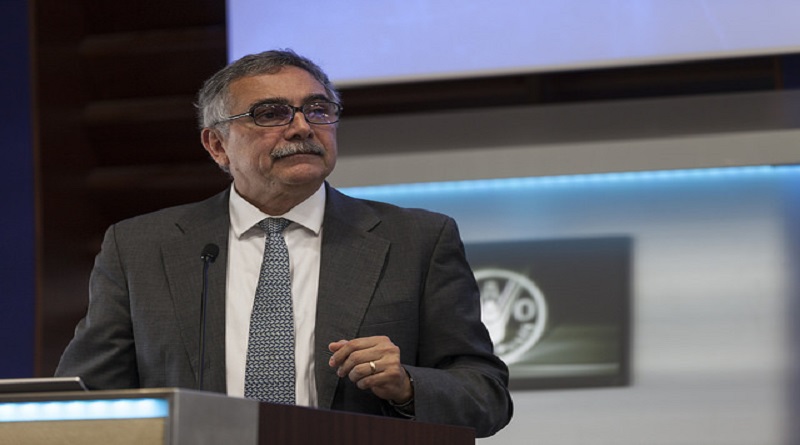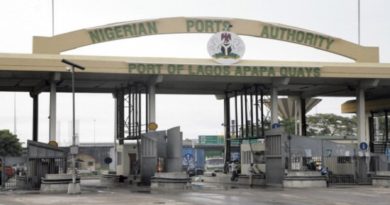Malaysia, West Africa to showcase forest climate action
Malaysia will on Monday 14 November host a one-day event together with West Africa designed to help reduce emissions from deforestation and forest degradation in developing countries (REDD+) at the UN Climate Change Conference in Marrakech (COP 22) that will highlight progress made in implementing REDD+ in these regions.
Deforestation and forest degradation are the second leading cause of rising global temperatures, responsible for about 15% of global greenhouse gas emissions, which makes the loss and depletion of forests a major issue for climate change.
Participants at the event will discuss country experience related to issues such as forest reference emission levels, the development of a safeguards information system, and regional collaboration on forest monitoring.
A highlight of Monday’s event will be Malaysia’s submission of its REDD+ Safeguards Summary Report to the UNFCCC secretariat. The Summary Report describes the approach taken by the country in addressing and respecting the REDD+ safeguards, including through improvements in forest governance and forest management. The Summary Report will be made publicly available on the REDD+ Web Platform.
The programme on Monday includes a keynote address from Mr René Castro-Salazar, Assistant Director-General of the FAO Forestry Department, highlighting progress in the submission of forest reference emission levels and the commitment of participating countries towards transparency.
The guidance for REDD+ had been negotiated under the UNFCCC for many years. The adoption of the Warsaw Framework for REDD+ (WFR) in 2013 was a turning point, establishing a robust and comprehensive framework for the effective and sustained implementation of REDD+ activities, while aiming at environmental integrity and tangible results. A critical element of the WFR are the modalities for measuring, reporting and verifying (MRV) greenhouse gas emissions and removals as an essential tool for linking REDD activities to results-based finance.
The Paris Agreement provides a signal for the continuation of REDD+, which has now shifted to implementation, with Parties and non-State actors taking real action to address the problem of deforestation, and to move towards more sustainable management of forests.
The leadership of developing countries on REDD+ is making a key contribution to pre-2020 mitigation ambition. In 2016, several countries from Southeast Asia made significant progress on REDD+ MRV: Indonesia and Vietnam submitted their forest reference emission levels and Malaysia submitted its results-based action. In addition, the UN-REDD Programme played an important role in the region, assisting partner countries by providing additional clarity on the issue of what REDD+ safeguards.
West Africa has also achieved significant progress on regional collaboration on forest monitoring that has culminated in an action plan for the region, developed within the Forest Convergence Plan of the Economic Community of West African States (ECOWAS.) Benin, Togo, Ghana, Ivory Coast, Liberia, Guinea Bissau and Guinea Conakry, are involved in this collaborative effort within their REDD+ programme.




